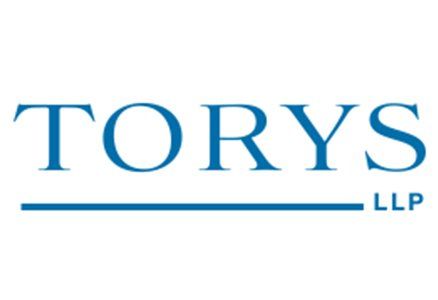FACTS ABOUT BRAIN TUMOURS
Brain tumours in children are very different from those in adults and treatment needs be customized to lessen the effects on their growing minds and bodies.
Brain tumours are graded based on how aggressively tumour cells are growing.
Grade 1 tumours are considered benign and they do not grow fast.
Grade 4 tumours are malignant, or cancerous, and they grow very quickly.
The grading is used to plan treatment. Surgery, chemotherapy, and radiation are the three main types of treatment for children with brain tumours.
Benign brain tumours
are not cancerous; they grow slowly.
If the location of the benign brain tumour is difficult to reach by surgery or could be harmed by surgery, a benign brain tumour could be dangerous.
Malignant brain tumours
are cancerous; they grow quickly and can spread to other parts of the brain or spine. They rarely spread outside of the central nervous system.
Surgery, chemotherapy, and radiation are the three main types of treatment for children with brain tumours.
Treatment is based on child’s age, and the type and location of the tumour. Some children need only one type of treatment; others need 2 or 3 types.
Paediatric Brain Tumour Symptoms:
The symptoms depend on where the tumour is located in the brain. Some common symptoms that brain tumours cause are:
- Headaches, caused by increased pressure on the brain
- vomiting or nausea, caused by increased pressure on the brain
- Vision problems, such as double vision or blurred vision
- Lack of coordination
- Handwriting and school performance get worse gradually
- Seizures
- Weakness or loss of feeling in parts of the body
- Changes to the senses of hearing or smelling
- Changes in personality or memory
In infants, some of the symptoms are:
- Irritability
- Sleepiness
- Changes in sleep patterns
- Crying more than usual
- Falling behind in meeting developmental milestones
- Unusual growth in head size
- Lack of coordination
Source: www.aboutkidshealth.ca














